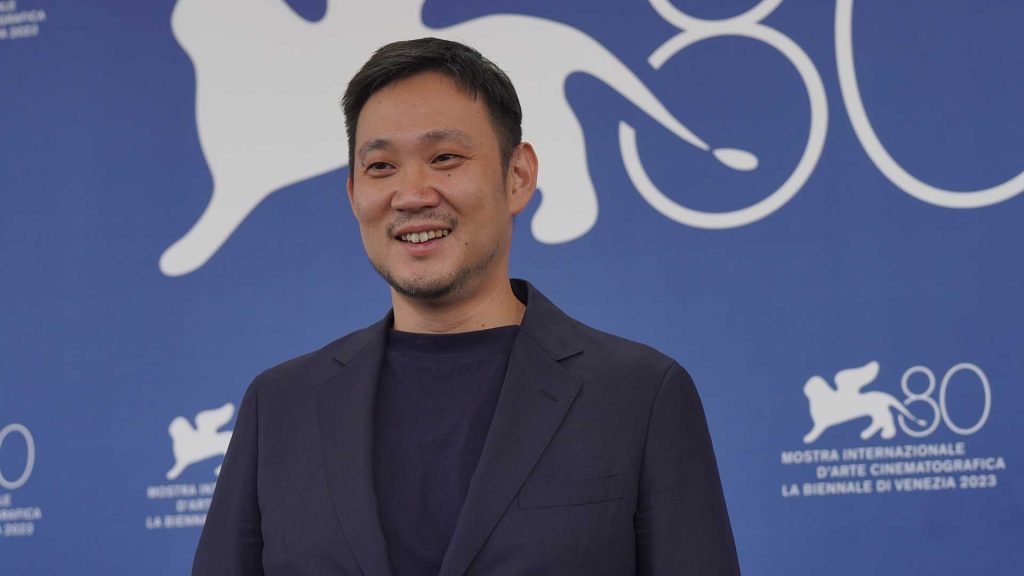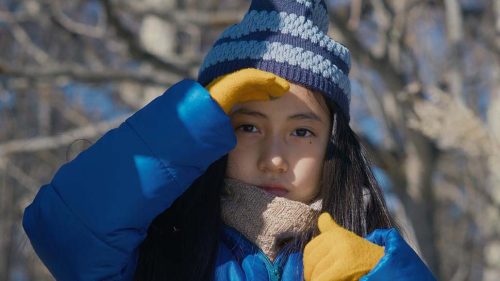
Great Japanese filmmaker Hamaguchi Ryusuke rose to international fame after the release of Drive My Car and Wheel of Fortune and Fantasy. He often speaks of his appreciation for Eric Rohmer (and for Cassavetes, and Wenders), and it shows, too. There are also key passages in his production that remind of Bergman in the power of alternating speech and silence and in the intensity of personal features, beautifully scanned in every successive sequence.
Hamaguchi’s cinema insists on the power of the word. He shows he is influenced by theatre in the most positive sense. It is no surprise that Chekhov’s theatre makes regular appearances in his cinema. “Chekhov is terrifying. When you read his lines, the real you comes out” we hear in Drive My Car, one of whose narrative lines is, in fact, a staging of Uncle Vanya in Hiroshima. Hamaguchi is also a great director of actors – in Locarno, 2015, his Happy Hour earned an award for Best Actress for all four protagonists.
In his cinema, polished dialogue is accompanied by precise direction. His use of space is fantastic. He is a sober director, with rare use of moments of simple enunciation (they are more stressed, as things go). Hamaguchi loves windowpanes and windows that prevent conversations. He loves reflections, too. Quietly and mysteriously, unnerving correspondences appear as he explores the game of fate that governs human worries and human love, pain, desire, fiction, and responsibility. A refined, touching exploration of feelings, which in Wheel of Fortune and Fantasy shows the very final way we use to bring love into our subjectivity, or, rather more simply, how we invent people when we fall in love. Watch some play on identity confusion in Asako I & II, or the sublime final episode in Wheel of Fortune and Fantasy.

In a small rural village in the heart of the forest not far from Tokyo, Takumi takes care of his daughter Hana, doing odd jobs. The serenity of the community that inhabits these pristine lands, among lakes and mountains where deer roam freely, is at risk of being devastated by...
A tremendous length of five hours and fifteen minutes to tell, smoothly and intensely, the life and scenes of a marriage of four thirty-seven-year-old friends, a very difficult age for Japanese women.
Three ‘single acts’. Three charming episodes on the eternal game of fate and imagination as well as three variations on love and on Schumann’s music. The power of the discourse of love and of our subjectivity..
A composition of two stories by Murakami Haruki to reflect, longingly and tormentedly, on the persistence of human pain and on its much-needed soothing. “We shall live” – Chekhov, the protective spirit of the film.